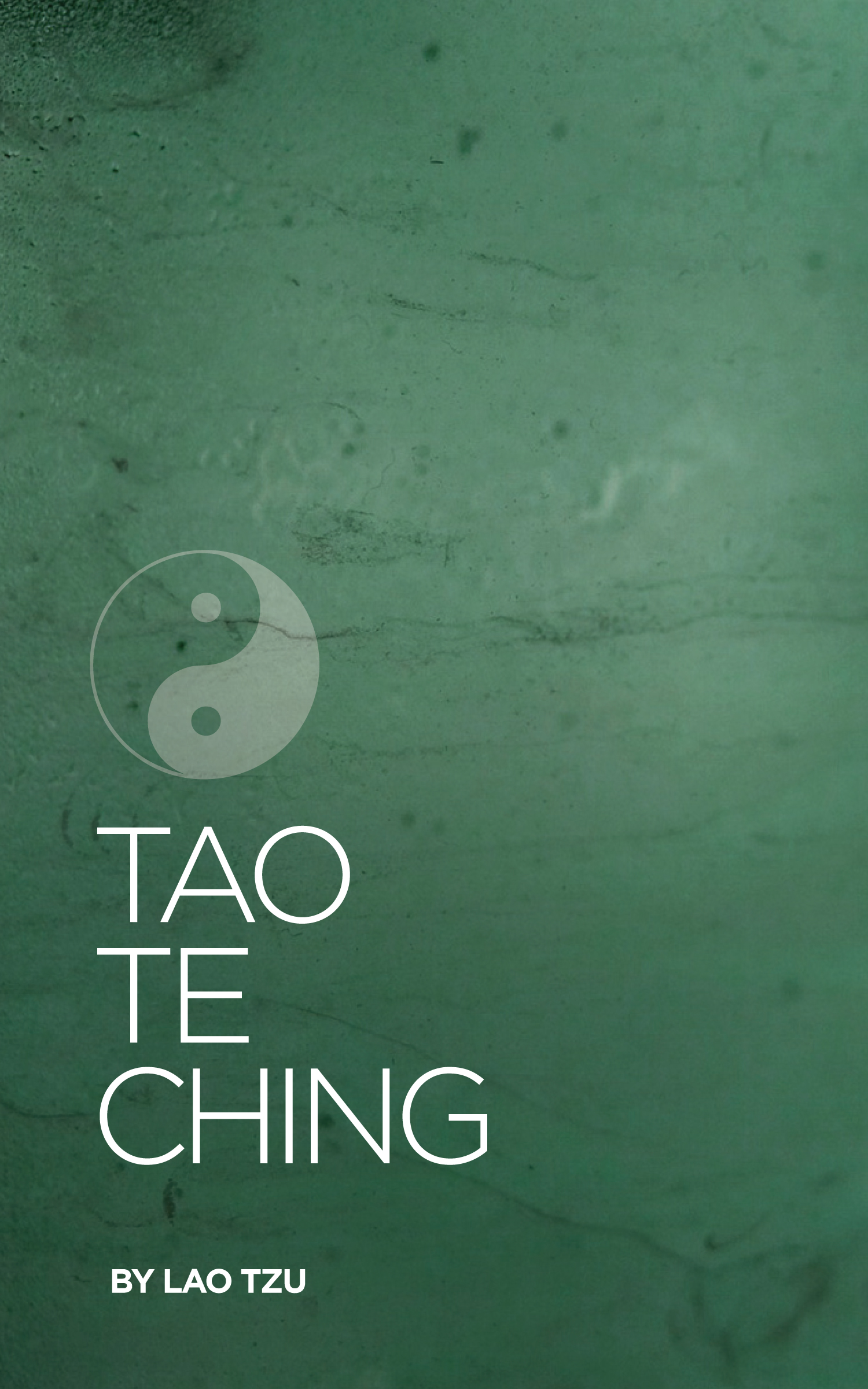

The wars continued and various schools of Chinese philosophy were established which tried to suggest the best way to end the violence and establish a moral government that would care for its citizens. The Zhou Dynasty (1046-256 BCE) was in decline and could do nothing to maintain order because the separate states were all more powerful than the government but evenly matched against each other.

481-221 BCE) during which seven states fought each other nearly constantly for supremacy and control of the Chinese government. He was especially interested in converting the ruling class to his belief because the country was, at this time, in the midst of the era known as the Warring States Period (c. Aligning one's self with the Tao, according to Lao-Tzu, brought one into harmony with the universe and enriched one's life opposition to the Tao only brought frustration, unhappiness, and anger which resulted in bad behavior. He advocated a deep, connective empathy between people as the means to peace and harmony and claimed that such empathy was possible through recognition of the cosmic force of the Tao which had created all things, bound all things, moved all things, and finally loosed all things back into their original state. Sima, working from older historical and literary documents, claims that Lao-Tzu was one of the curators at the Royal Library in the state of Chu and was known as a philosopher. All that is known of Lao-Tzu comes from the classic work Records of the Grand Historian by the Han Dynasty writer Sima Qian (l.


 0 kommentar(er)
0 kommentar(er)
